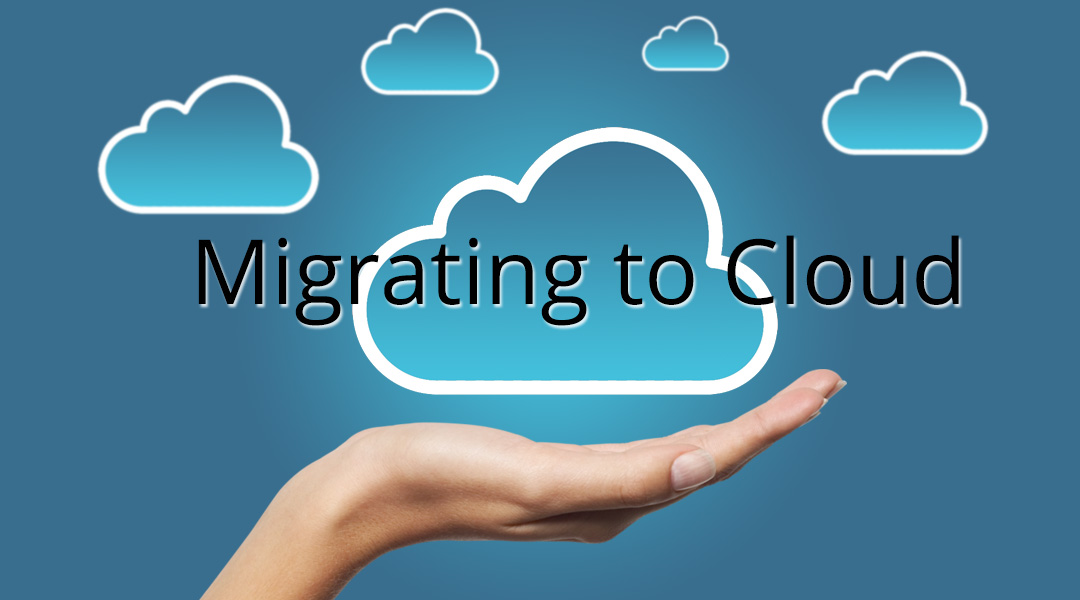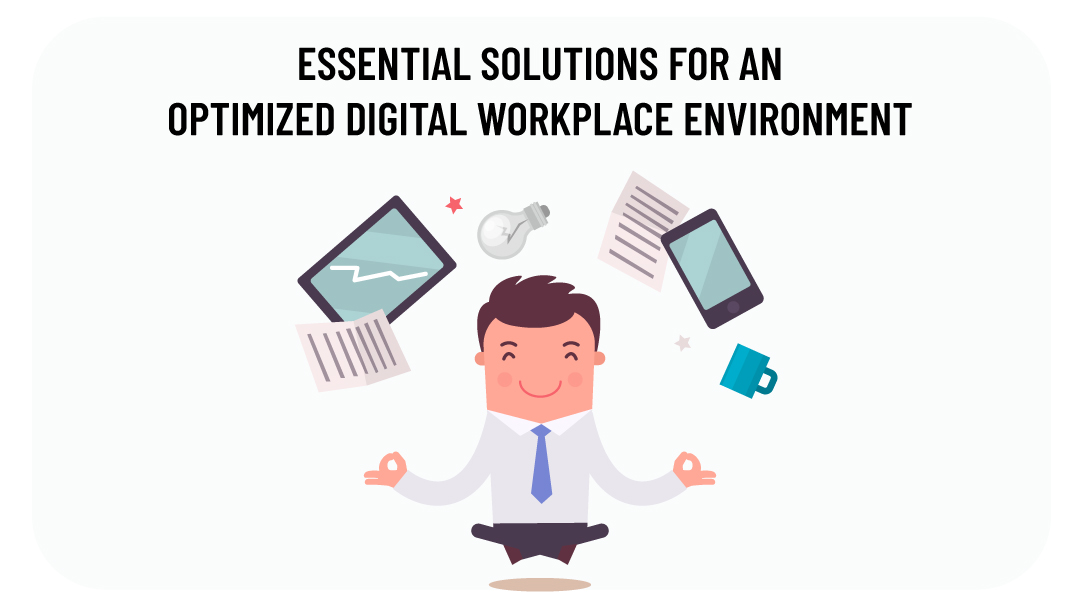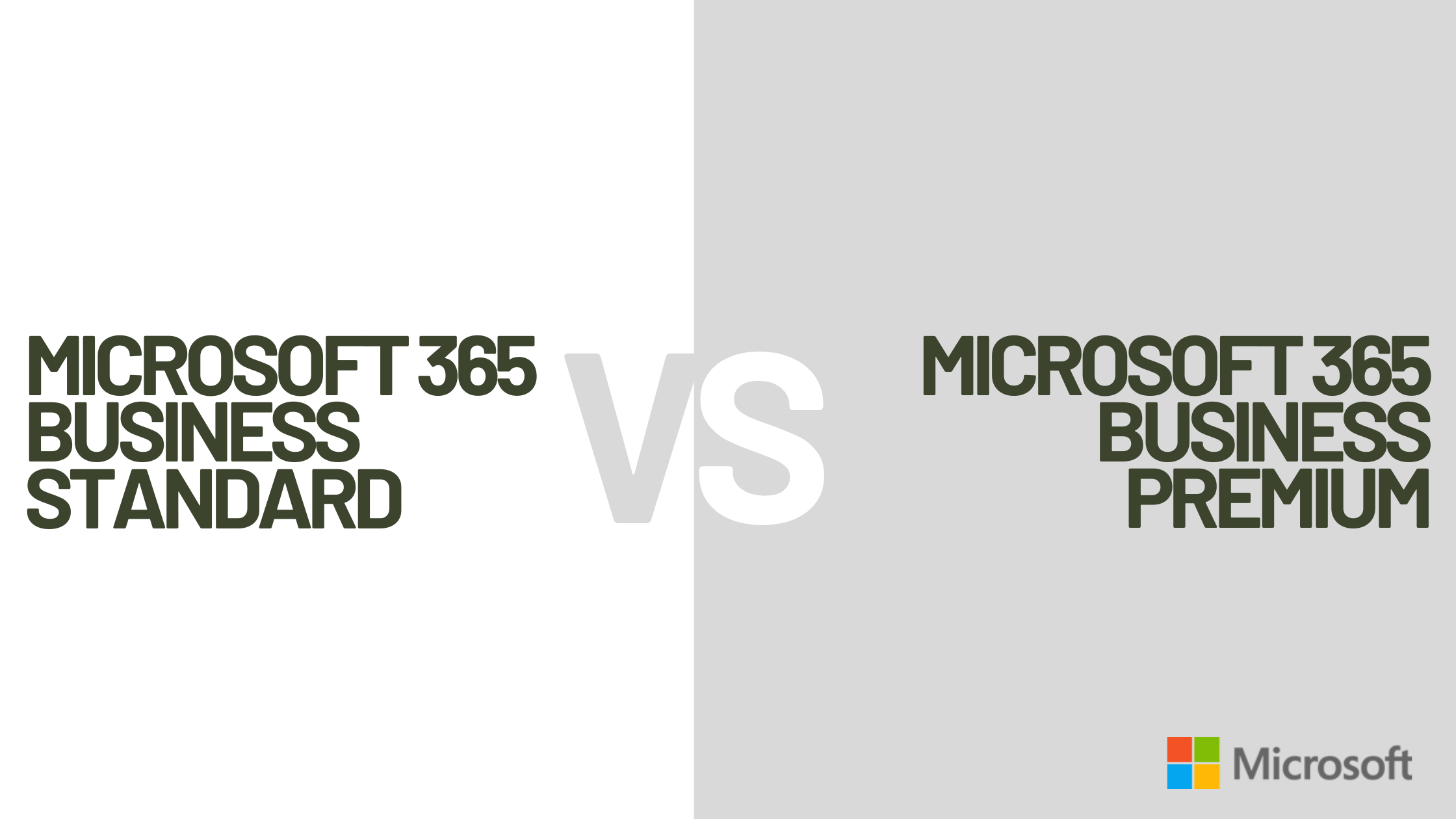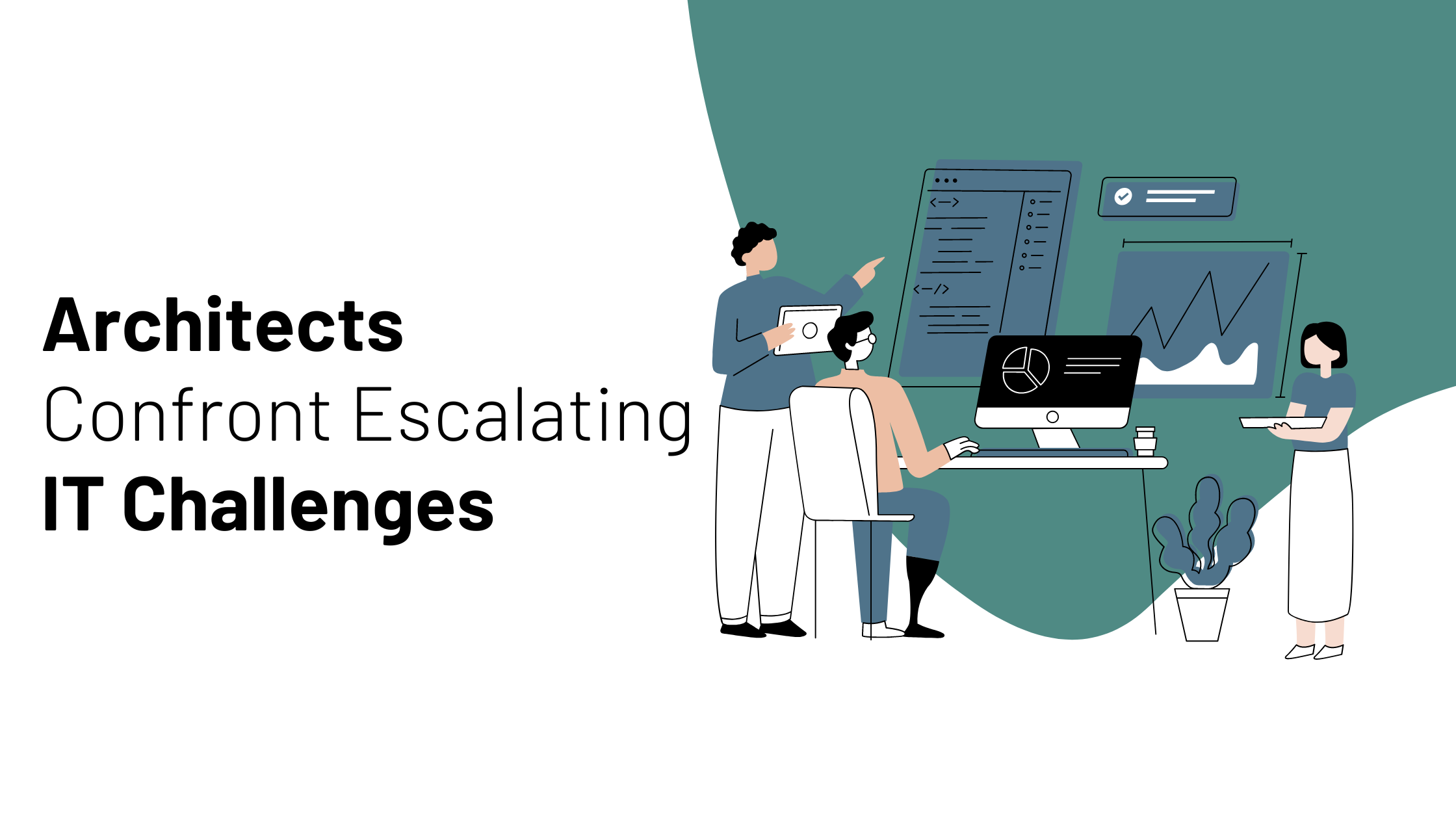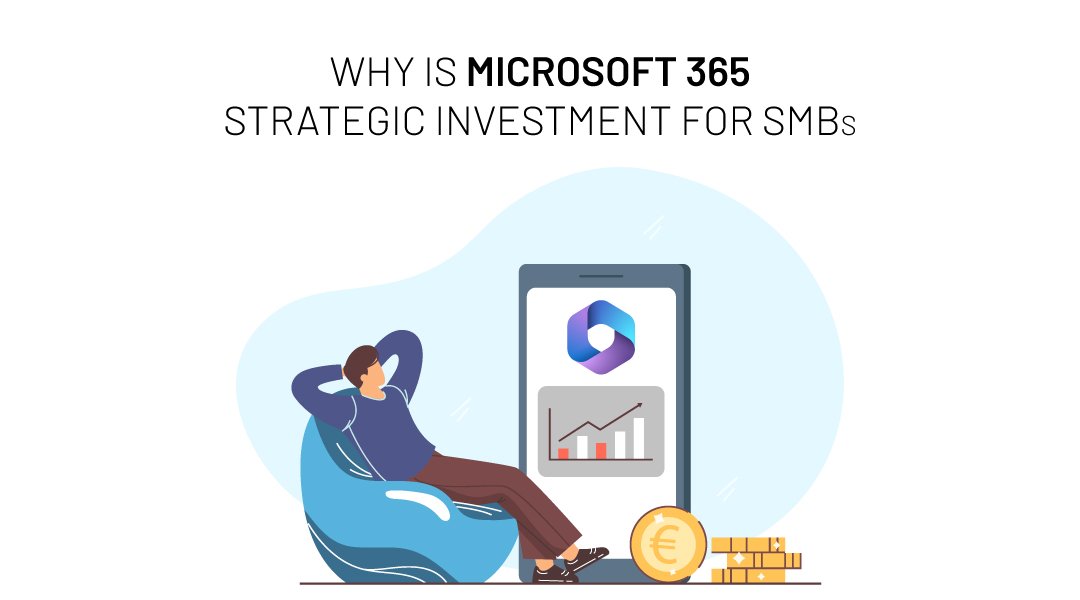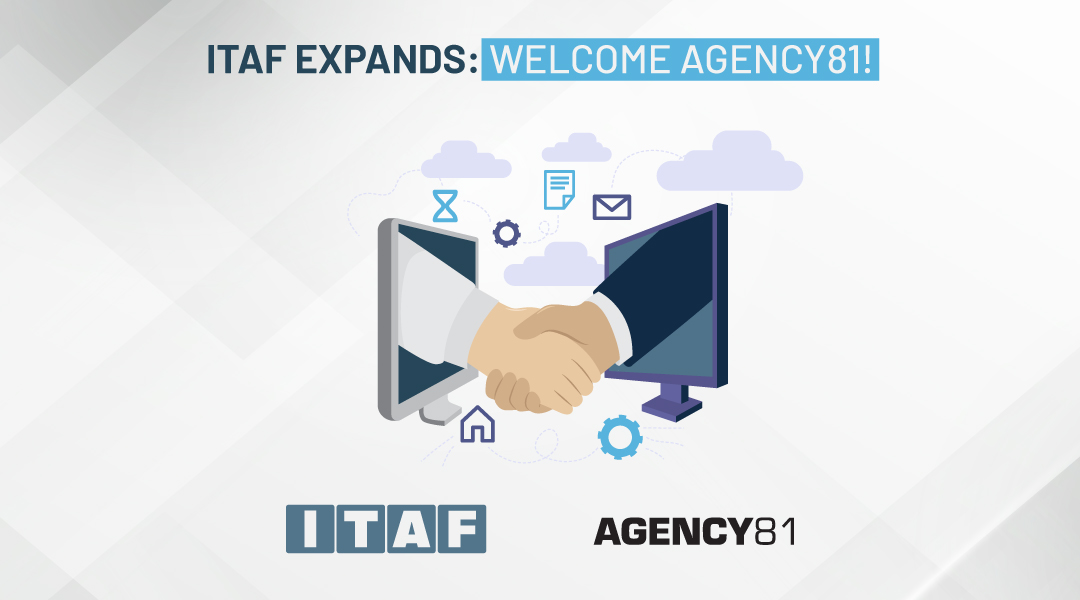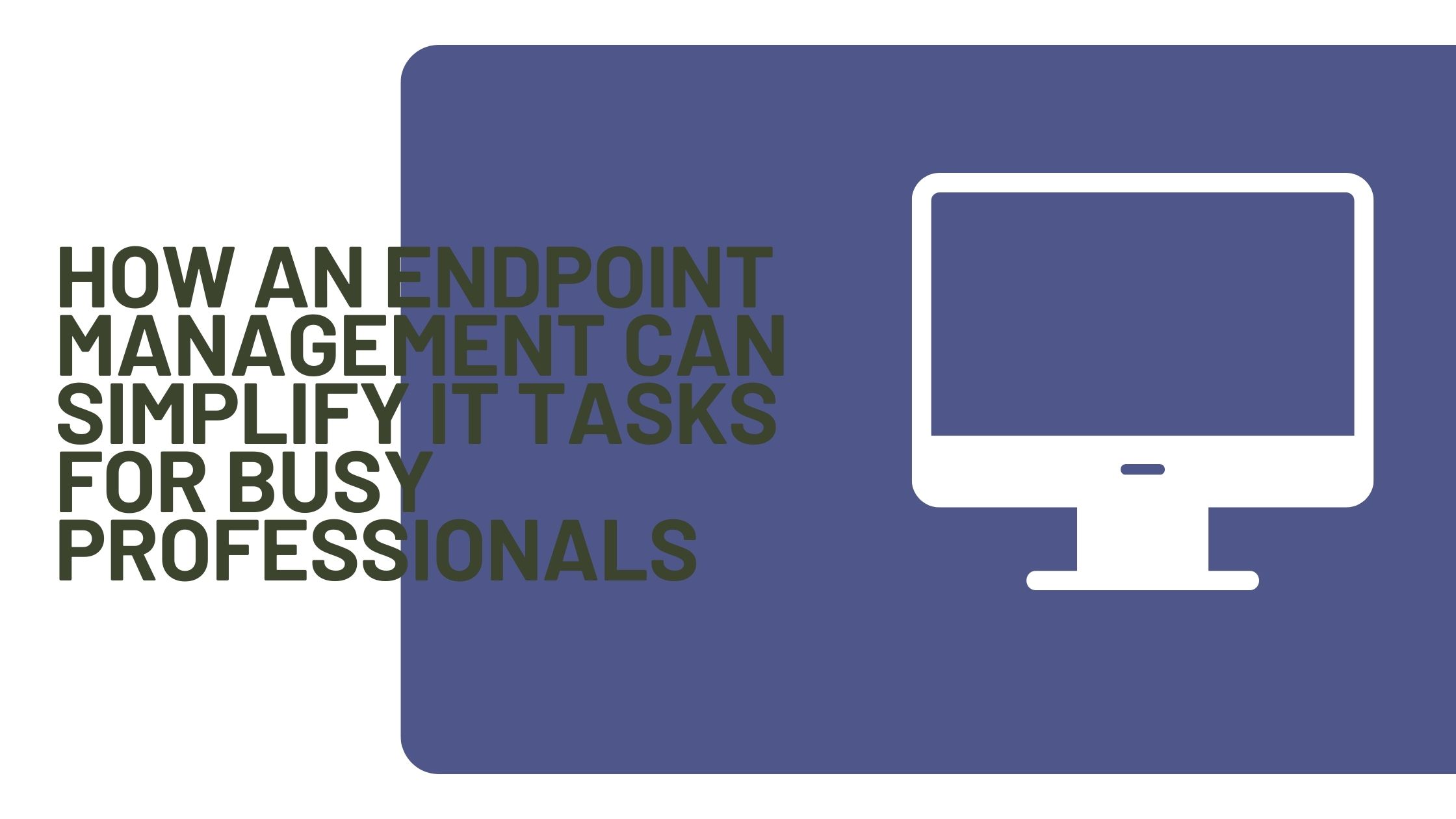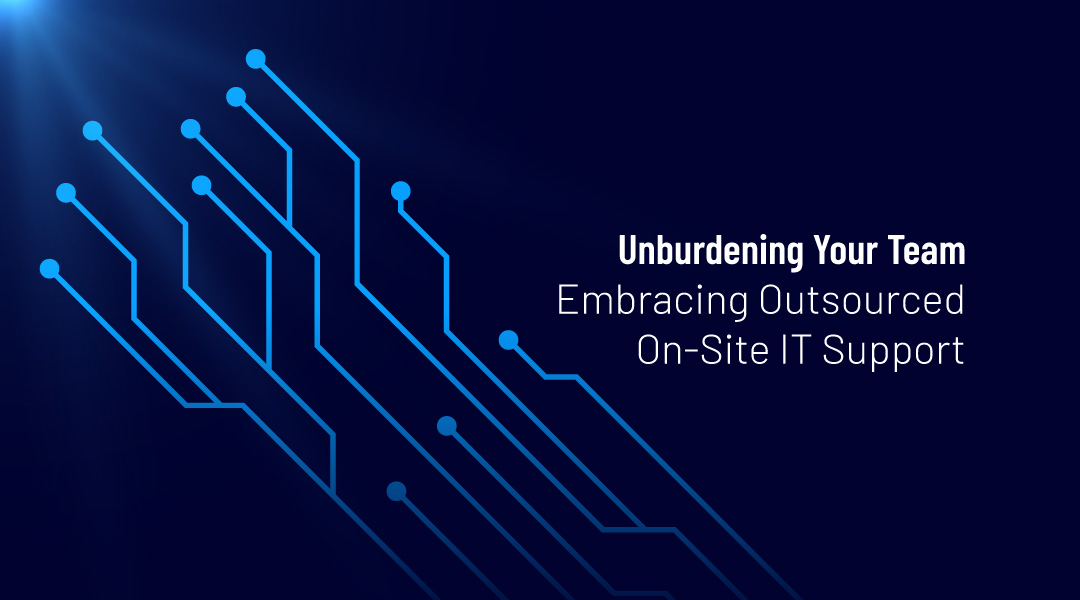How to move a company IT system to the cloud? At one hand, you hear that “everyone” is doing this, and at the other, you get stories about the high costs of something that should actually save you money. All you have to do when migrating to the cloud is carefully evaluate your needs.
Cloud is in expansion and more and more companies are adopting it for all segments of their business. Cloud solution provider revenue is growing. According to statistics firm Statista, global revenue from public cloud services is estimated at $ 175 billion. Cloud services are growing more than 15 percent globally. The trend is obvious – cloud services are conquering the market and will become more prevalent in the future.
Whether companies will migrate to the cloud has been the subject of much debate around the world. Discussions open many dilemmas of both business and technical nature: from lowering the cost of IT infrastructure, through availability, security, efficiency, necessity, expediency, business benefits, to the risk of vendor lock-in.
Benefits
In brief, benefits of cloud computing are lower initial costs, ease of use, scalability and mobility. To experience the benefits, companies should approach cloud solutions in the same way as to any new technology. Cloud solutions need to be evaluated, and ultimately accepted only if they improve business processes. In the next 10 years, most IT services will move to something resembling the current power distribution model.
Migrating to the cloud is the process of moving data and applications from servers located within a company to servers outside of companies. Every company needs to evaluate the cost-effectiveness, its business needs, the costs of migration and other adequate elements. So the migration issue is first and foremost an organizational one. The way a company performs day-to-day operations can be a significant element in its assessment. This is especially important when it comes to business software.
Hybrid Cloud
Some things are probably already in some kind of cloud – it’s just not as visible or called like that. Computer networks, servers and the Internet have been around for a long time. Most companies that have their own domain, website, and e-mail address keep these items somewhere outside the local computer network. These services are somehow naturally “stored” in the cloud. Companies that have internal IT infrastructure can also think of cloud solutions that would lead to a hybrid cloud.
Storing files
File storage and sharing and collaboration (collaboration) has always been a challenge. Cloud tools elegantly solve this problem. Some of them are already used by companies like Google Drive, Dropbox, OneDrive and similar. If security is important (and it is), companies should ask themselves how to enable the management of those services to prevent the potential leakage of confidential information. We strongly recommend backing up and storing backups outside your company location, and the cloud may be a good solution.
Cloud migration costs
Considering all the benefits of the cloud that are most talked about, the costs are very easy to overlook. It is therefore important that each company calculates the true costs of existing IT systems for itself, as well as to try to predict the future cost of other cloud solutions. Direct costs are relatively easy to calculate and estimate. The problem are the costs that are not visible and obvious : breakdown time, the time employees currently spend on administering their own computers etc.
If IT becomes in some way comparable to consumer goods, it means that without it you won’t be able to run the business. When everyone benefits from the advantages of the cloud, this will no longer be an advantage; it will be “conditio sine qua non”, an essential condition for successful business.
How can ITAF help?
Dynamic Cloud Platform by ITAF provides Lightning-fast Internet access at all times, as well as well-designed, secure cloud infrastructures that allow for efficient data transmission, processing and storage. 24/7 monitoring, support and migration assistance are based on physical and virtual servers owned by ITAF, providing the highest levels of security, protecting your data and limiting the downtime.
Contact ITAF for a free quote.
Find out how ITAF Cloud services scales up your business infrastructure

